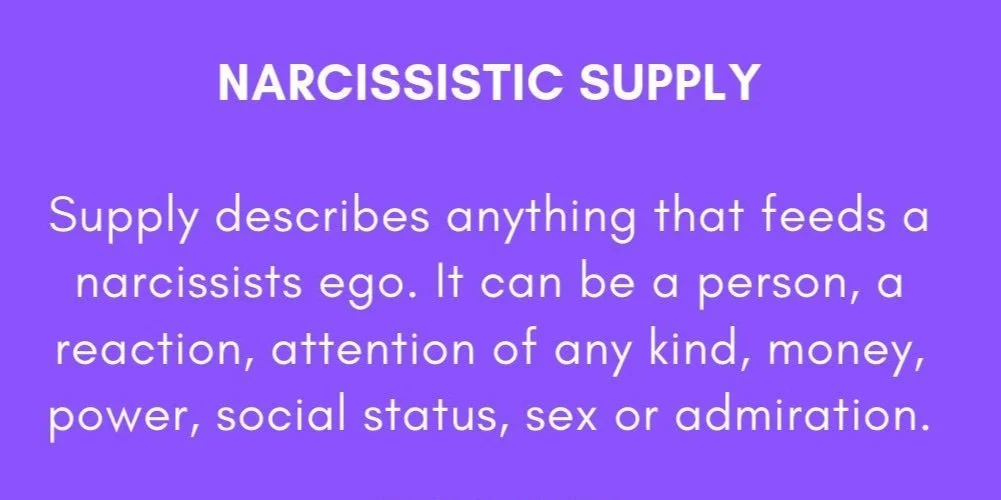I believe it’s important to discuss common terminology when speaking of narcissism, not because there is some mystical dictionary that experts use when talking about this personality or these tendencies, but because understanding what the words describe is essential. If you are like me, you may shy away from overusing these specific terms because it almost seems the masses want to accuse one another of the latest ‘thing’. I desire not only to provide an understanding of what the terminology refers to but also to clarify that not everyone who occasionally exhibits one or several of these behaviors is a narcissist. A true narcissist is guilty of a lifestyle characterized by these behaviors. We are all capable of treating others negatively, but hopefully, the majority of us are willing to recognize and seek forgiveness when our wrongs harm others. This is the difference between relationships that work and abuse that destroys others.
Love Bombing
Love bombing is an attempt to influence another person with over-the-top displays of attention and affection.
Seeks Admiration
One of the most common signs of a narcissist is a constant need for praise or admiration. These people seek validation from others.
Stingy
Someone who is stingy is unwilling to spend or give for the benefit of another. A true narcissist is stingy unless he benefits in some way or unless his giving has an audience or is being used as manipulation.
Never at Fault
Narcissists are often characterized by a lack of responsibility and a tendency to blame others for their actions.
Seriel Liar
A true narcissist has no trouble lying without flinching, without batting an eye repeatedly, and can lie down and sleep immediately after.
Discarding
This is one of the saddest and most difficult aspects of narcissism for those who love them.
Once the Narcissist has gotten every benefit he desires from his “target,” he has no problem discarding his supply as if she were a pair of used shoes.
They see the people in their lives as replaceable when they determine they are no longer benefiting from them.
Gaslighting
Gaslighting is a form of emotional abuse that causes victims to question themselves, giving the abusive partner even more power.
Supply
The attention, admiration, validation, and power that the narcissist seeks from others to maintain their fragile sense of self-esteem and self-worth. It's the emotional sustenance that fuels their grandiose sense of self. Often, the term is used to identify a person who is chosen as the “supply”.
Manipulation
Manipulation is the skillful or artful handling of or influencing someone in a clever or unscrupulous way to one's advantage. In psychology, manipulation often involves using deceptive or manipulative tactics to control or exploit others, often for personal gain or to avoid responsibility.
Idealization / Devaluation
A pattern where the narcissist initially idealizes the victim by showering them with attention and praise, and then abruptly devalues them, often through means of criticism and dismissal.
Hoovering
A tactic used to re-engage with a person after a period of neglect or distance, often by appealing to the victim's emotions or making promises he knows he won't keep. This is often in place of an apology.
Word Salad
A form of communication where the narcissist uses vague, nonsensical, or confusing language to confuse and control others. This can be especially frustrating when he is asked a question and finds joy in simply refusing to give a clear answer - feeling like he is in control as long as no one else knows what’s going on.
Hero Complex
The Hero Complex, sometimes called the Hero Syndrome or Savior Complex, is when someone strives to be the hero of the situation. No matter the situation or the odds, they want to be the ones who save the day.
Sabatoging
To sabotage is to intentionally and secretly undermine or damage someone’s efforts, plans, or reputation, aiming to prevent them from succeeding or achieving their goals.
Chameleon
A chameleon is someone who readily adapts their behavior, beliefs, or appearance to fit in with different social situations or people, often to gain favor or succeed.
Short Tempered
A short-tempered person is someone who gets angry quickly and easily, often reacting impulsively and with little or no warning. A true narcissist’s abuse as a pattern is verbal and mental, but due to his short temper; he will at times react with physical force.
“Therefore, if any man be in Christ, he is a new creation. Old things are passed away, behold all things are become new.”
Flying Monkeys
These individuals may be friends, family members, or even acquaintances who have been manipulated by the narcissist to believe their distorted version of reality. They may be convinced that the victim is to blame for the relationship’s failure or that the victim is exaggerating the abuse they experienced. They are used by the narcissist to further the abuse and make healing very difficult.
Self-Centered
Narcissistic people tend to be self-centered, ignore the needs of others and only do what's best for them.
Triangulation
Triangulation involves drawing a third party into a two-person conflict or interaction. This tactic is used to avoid direct communication or to manipulate a situation. It is often seen in family dynamics where one individual uses a third person to communicate with or control another. Rather than communicating directly with his spouse, with whom he is in conflict, he will send communication supporting his case through a third party in an attempt to make the communication more credible (and to make his spouse feel alone in her position).
Control Freak
The term "control freak" describes a person whose behavior indicates a powerful need to control people or circumstances in everyday matters.
Entitlement
The belief that the narcissist is superior and deserves special treatment or privileges, as well as the idea that everything belongs to him and he has the right to do and say whatever he pleases.
Splitting
Sometimes the narcissist is diagnosed as bipolar because of splitting. He sees all things in black and white - including you. His opinion of you depends on how you are making him feel in the moment or how he perceives you are making him feel in the moment. If he is unhappy with his feelings, he “splits” (blaming you for how he feels in a situation) - ignoring, discarding, refusing communication with you. This can last for hours, days, weeks, or even years. When he comes back, he pretends nothing ever happened. When he is upset with you, he forgets that he ever loved you, as if love can be turned off and on. Splitting is most often experienced by a victim when one seeks to hold the narcissist accountable for his actions.





















